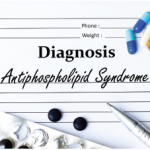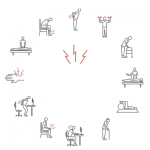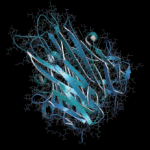CHICAGO—Doruk Erkan, MD, MPH, a rheumatologist at the Hospital for Special Surgery and Weill Cornell Medicine in New York City, described recent developments in the field of antiphospholipid syndrome (APS) to the rheumatologists gathered for the ACR’s State-of-the-Art Clinical Symposium in April. He introduced APS as a “field with limited data and lots of controversies,” although,…








